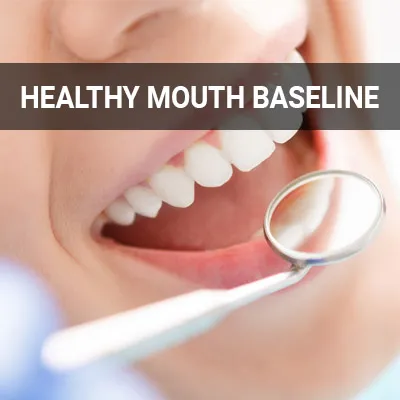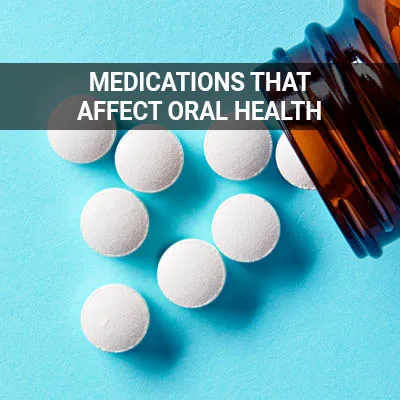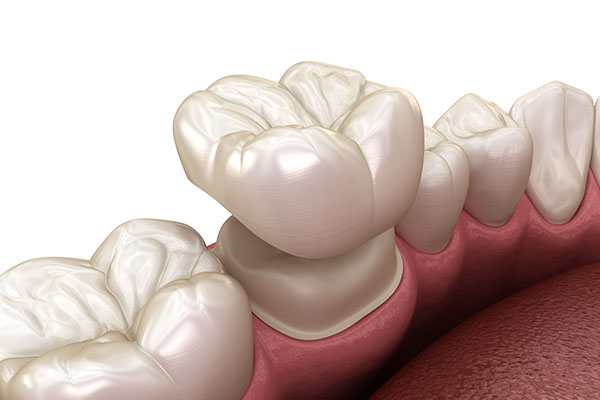Gut Health Miami, FL
Many patients are surprised to learn that gut health is inextricably linked to oral health. Similarly, oral health and overall health are linked together. A total health dentist understands how to examine the oral microbiome for signs of health issues.
Gut health treatment is available at South Florida Dentistry in Miami and the surrounding area. Choosing a total health dentist as your primary dental care provider may improve your overall health. Call us today at (305) 203-4097 to schedule an appointment or to learn more about our services.
Understanding the Oral Microbiome
A microbiome is a congregation of the microbial residents in the body. It is made up of commensal, pathogenic, and symbiotic microorganisms. There are as many or almost as many microbes in the body than there are cells. The microorganisms found in the human oral cavity are known as the oral microbiome, sometimes called the oral microbiota or oral microflora. It is the second-largest microbial community in the body after the gut.
Research on oral microbiomes is still expanding. However, existing literature makes it evident that it can cause both oral and systemic conditions. Ideally, the oral microbiome rests within biofilms throughout the oral cavity, forming an ecosystem that maintains health in a state of equilibrium. If this equilibrium is disrupted, pathogens may manifest and cause disease. As such, patients should ensure that their primary dental provider understands the importance of the oral microbiome.
“The microorganisms found in the human oral cavity are known as the oral microbiome, sometimes called the oral microbiota or oral microflora.”
Bacteria and the Digestive System
The mouth is a natural breeding ground for bacteria, especially since it acts as an entryway to the digestive and respiratory tracts. Fortunately, most of such bacteria are harmless and can be kept at bay with the body's natural defenses and good oral hygiene. However, improper maintenance may allow bacteria to flourish, leading to oral infections. This oral bacteria can make its way to the gut, changing the microbiome and potentially influencing its immune defense.
This may lead to colon conditions such as Crohn's disease, gluten sensitivity, and colitis. Crohn's disease is an inflammatory bowel disease (IBD) that causes inflammation of the digestive tract. Symptoms may include abdominal pain, fatigue, malnutrition, severe diarrhea, and weight loss. People with gluten sensitivity, as the name suggests, have issues with digesting gluten. They may experience fatigue, leg numbness, muscle cramps, and stomachaches. Finally, colitis is a condition that causes the inflammation of the colon's inner lining. Primary symptoms depend on the exact cause of the condition but generally include abdominal pain, cramping, and diarrhea.
“…oral bacteria can make its way to the gut, changing its microbiome and potentially influencing its immune defense.”
The Microbiome and the Immune System
The microbiota plays an integral role in the inducting, training, and functioning of the patient's immune system. Accordingly, the immune system has evolved to maintain the patient's symbiotic relationship with the evolving microbes. Ideally, the immune system-microbiota alliance induces protective responses and supports regulatory pathways. Disrupting the microbiota will wear away at the resilience and diversity required for proper immune responses.
The gut microbiome is an endocrine organ in and of itself. The endocrine system synthesizes and secretes hormones to regulate physiological processes. As such, bacterial metabolites and components may affect organ function and physiological outcomes. These may also send signals to the immune and nervous systems. It is necessary to feed the gut army to encourage the diversity that can combat inflammation. Fiber is a good source of this, especially cruciferous vegetables.
“The microbiota plays an integral role in the inducting, training, and functioning of the patient’s immune system.”
Check out what others are saying about our dental services on Yelp: Gut Health in Miami, FL
Gut Health and the Brain
Together, the gut and the brain comprise the enteric nervous system (ENS). This system is two thin layers of over 100 million nerve cells that line the gastrointestinal tract from the esophagus to the rectum. It is responsible for controlling digestion and is in constant communication with the brain. The ENS may trigger mood swings in people with irritable bowel syndrome (IBS) and functional bowel problems. It may even affect cognition and raise or reduce a patient's risk for certain health conditions.
The gut and brain are connected through various nerves and neurotransmitters. Gut microbes may also produce chemicals that affect the brain and affect inflammation. Those with functional gastrointestinal disorders are more perceptive to pain since their brains are more responsive to pain signals from the gastrointestinal tract, and stress can worsen these symptoms.
Questions Answered on This Page
Q. What is the oral microbiome, and why is it important?
Q. How do oral bacteria affect the digestive system?
Q. How does the microbiome affect the immune system?
Q. What are ways to maintain oral health to keep the gut healthy?
People Also Ask
Q. Are oral conditions genetic or a result of environmental factors?
Q. What are some conditions that a complete health dentist can diagnose?
Q. Beyond regular checkups, what additional procedures might a dentist recommend?
Q. What pre-existing conditions are affected by dental health?
Dental Procedures That Promote Gut Health
Practicing good oral hygiene serves the smile and helps a person become less vulnerable to disease. What are some of the ways a person can ensure oral health corresponds to a healthy gut?
- Eat fiber-rich foods that help keep teeth naturally clean (apples, beans, lentils, broccoli) and probiotic-rich foods to help the gut recover a balanced microbiome.
- Maintain good dental hygiene, including daily brushing and flossing to remove plaque buildup around the teeth and tongue.
- Schedule regular dental check-ups and teeth cleanings, and remember, some oral symptoms are a sign of underlying disease.
When a person selects a total health dentist as a primary dental care provider, they will experience a more comprehensive approach to oral health that is thoughtful of their overall health. Understanding the connection between oral health and body systems is important, and total health dentistry is crucial both in preventative care and managing chronic conditions.
Total health dentists offer procedures and services that go beyond traditional dental care:
- Blood pressure screening
- Diagnosis of oral diseases and testing oral microbiota
- Disease prevention services
- Evaluation of digestive health and conditions linked to dental health
- Treatment plans to restore oral health
“Total health dentistry is a crucial part of preventative care.”
Frequently Asked Questions
Q. What is the oral and gut microbiome?
A. The oral and gut microbiome describes a collective colony of microscopic organisms. They include bacteria that inhabit the soft tissues of your mouth and digestive system, respectively. The gut microbiome is the largest microbiome in the body with the second largest being the mouth.
Q. How does the microbiome affect my health?
A. Beneficial microbiota fights off harmful bacteria and stimuli and helps maintain homeostasis. But if problematic bacteria become overgrown or spread, they can cause damage to healthy tissue. This can mess with body functions, inviting inflammation and disease.
Q. How are oral health and gut health linked?
A. The mouth is the gateway to the digestive system, and if harmful bacteria associated with oral health migrate to the gut, the gut microbiome becomes unbalanced. That signals to the immune system that something is off and sets off an inflammatory response. Unwanted inflammation can damage the tissue lining the gut resulting in "leaky gut" syndrome.
Q. What can I do to improve oral health?
A. Eating fiber-rich and probiotic-rich foods help naturally keep the mouth clean while supporting healthy digestion. Of course, maintaining daily dental hygiene habits accompanied by regular dental check-ups will help you improve your oral health.
Q. Why is total health dentistry important for overall health?
A. Studies show that the health of the mouth and the health of the body are closely related. Adopting healthy dental habits may reduce your risk of developing other health problems. Ask your total health dentist what changes you can make to ensure good overall health.
Dental Terminology
Call Us Today
Proper gut health maintenance is critical to good oral and overall health. We at South Florida Dentistry may be able to help. Call us today at 305-203-4097 to schedule an appointment or to learn more about our services.
Helpful Related Links
- American Dental Association (ADA). Glossary of Dental Clinical Terms. 2025
About our business, and website security
- South Florida Dentistry was established in 1997.
- We accept the following payment methods: American Express, Cash, Check, Discover, MasterCard, and Visa
- We serve patients from the following counties: Miami-Dade County
- We serve patients from the following cities: Miami, Doral, Hialeah, Fontainebleau, Hialeah Gardens, Sweetwater, Coral Gables, Kendall, South Miami, Miami Lakes, Miami Gardens, Medley, Westchester and Brickell
- Healthgrades. View Background Information and Reviews
- Norton Safe Web. View Details
- Trend Micro Site Safety Center. View Details
Back to top of Gut Health


